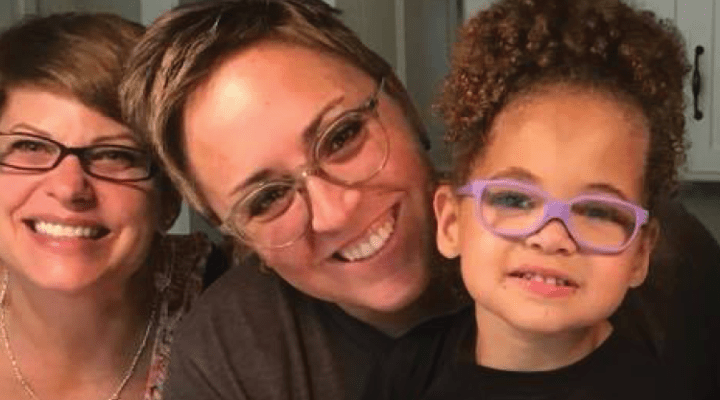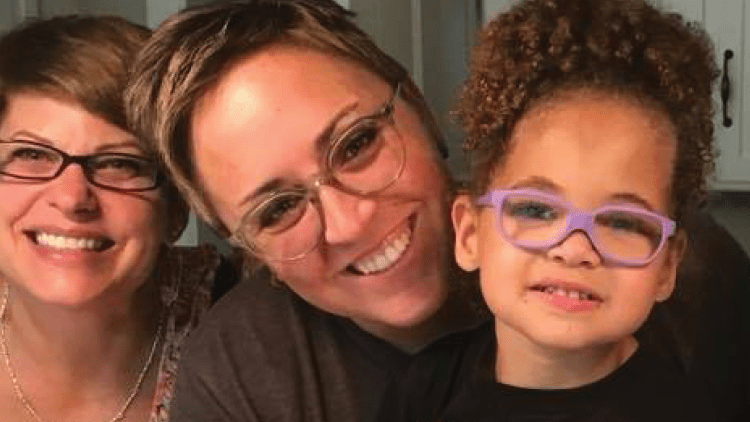An effort by Indiana officials to deny parental rights to same-sex couples was turned away by the United States Supreme Court Dec. 14.
Without comment, the high court denied certiorari in the case Box v. Henderson, which means the court chose not to accept the case for hearing. That leaves in place a Seventh U.S. Circuit Court of Appeals decision in favor of the plaintiffs, eight married lesbian couples in Indiana who used sperm donors to conceive.
In Indiana, when a married opposite-sex couple uses a sperm donor, the state recognizes the birth mother’s husband as the child’s parent. However, when a married same-sex couple does the same thing, the state will not list the birth mother’s wife as the child’s parent.
The same-sex parents sued the state for recognition, and their case worked its way up to the Seventh Circuit Court for arguments on May 22, 2017. However, the court sat on the case for two and half years without a decision. Finally, on Jan. 17, 2020, the court’s three conservative Republican appointees unanimously agreed that U.S. Supreme Court precedent required Indiana to list same-sex parents on their child’s birth certificate when they conceive via artificial insemination if they did the same for opposite-gender parents.
This ruling relied on two previous cases, Obergefell v. Hodges, which legalized same-sex marriage nationwide in 2015, and Pavan v. Smith, where the court ruled in 2017 that if the state of Arkansas lists a birth mother’s husband as a parent despite lack of biological connection, it must list a birth mother’s wife as a parent too.
The Supreme Court’s refusal to take up the latest Indiana case effectively confirms the status quo created by the previous rulings in Obergefell and Pavan.
LGBTQ advocates had feared that might not be the case because of the recent flip in the court’s majority due to the death of Justice Ruth Bader Ginsburg and her replacement with Amy Coney Barrett.
Two conservative justices, Samuel Alito and Clarence Thomas, have made written and oral comments expressing a desire to revisit the same-sex marriage case. How any of the justices voted on considering the Indiana case is not known because vote totals are not published for denials of certiorari. For the court to take up a case requires at least four of the nine justices desiring to do so.
“Today’s Supreme Court decision once again affirms that marriage equality under Obergefell v. Hodges means that married same-sex couples are entitled to be treated equally under the law,” said Alphonso David, president of the Human Rights Campaign.
Related articles:
Indiana wants Supreme Court to let it deny parental rights to same-sex couples
If court reverses same-sex marriage it will do so against what majority of Americans want
Elections have consequences, and now my marriage may be at stake | Susan Shaw
What I learned from RBG about the ‘dissenter’s hope’ | Jordan Conley


